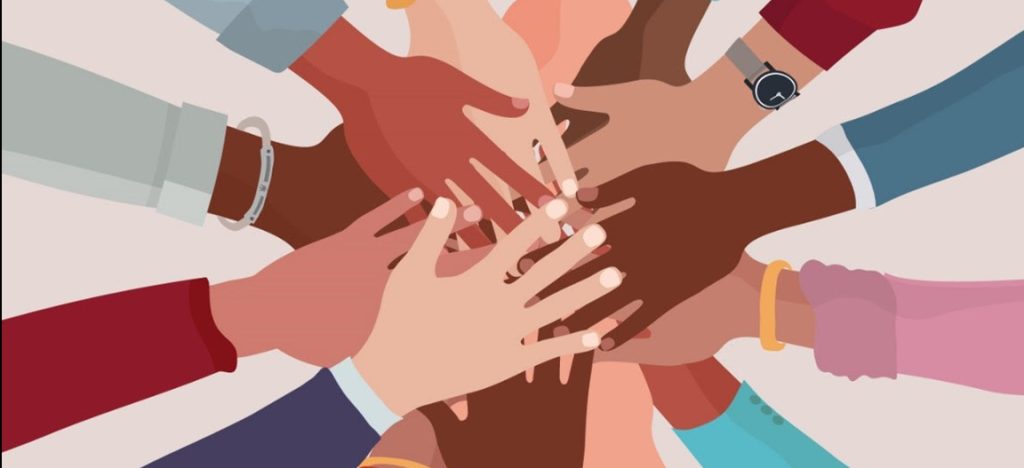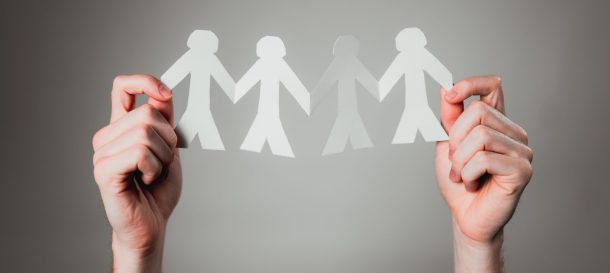
Close


How often do we hear people asking questions like “Where are you really from?” or making statements like “I’m not racist, I have Black friends.” Many of us have witnessed this or even said these microaggressions ourselves.
Being an ally in both our personal and professional lives is important. Allyship at the workplace fosters an environment of psychological safety, which ultimately results in a better work culture, productivity, and increased enjoyment of one’s job.

I once worked on a project in a team of predominantly white people. I distinctly remember one of the lunches we had at the beginning of the project. We were eager to get to know one another, asking questions like “Where are you from?” when one of my colleagues turned to me and said, “Not to be racist or anything, but what’s your Asian name?”. Being in an organization that claimed to value diversity and inclusion, I was dumbfounded by what my colleague had just said. Even worse, the rest of my peers shifted their gaze to their food, avoiding eye contact with me. I could tell they were uncomfortable but didn’t know how to react.
I calmly explained to my colleague that it is not racist to ask what one’s ethnic name is, but that I have a Korean name, not a general Asian name. Having been asked questions like this growing up, I was accustomed to answering them. That said, I was disappointed to have to face a microaggression at my place of work, and even more so not to be supported by any of my colleagues. Allyship is not just about becoming aware of one’s own unconscious biases, but also having the courage to speak up in support of others when we witness microaggressions happening.
What are the consequences of not being an ally at work? There is a lack of trust, psychological safety, team cohesion and morale. When individuals feel like an outsider or alienated, they’re less likely to want to show up.

In order to create an inclusive environment, leaders need to educate and set examples for the rest of the organization. The first step is to identify our unconscious biases, understand how they surface in the form of microaggressions, and unlearn them. The next step is to actively practice allyship – continuously educate ourselves and advocate for others. Implementing organization-wide training can make a huge difference, especially if leaders are exemplifying allyship themselves.
If you’re interested in learning more, or considering allyship training for your team, get in touch at team@desagloballeadership.com. Our allyship workshop has a 95% approval rating from participants and 93% of them committed to take action on their learnings.
Share:
Enter your email below to get access to our proven leadership tips and DEI best practices